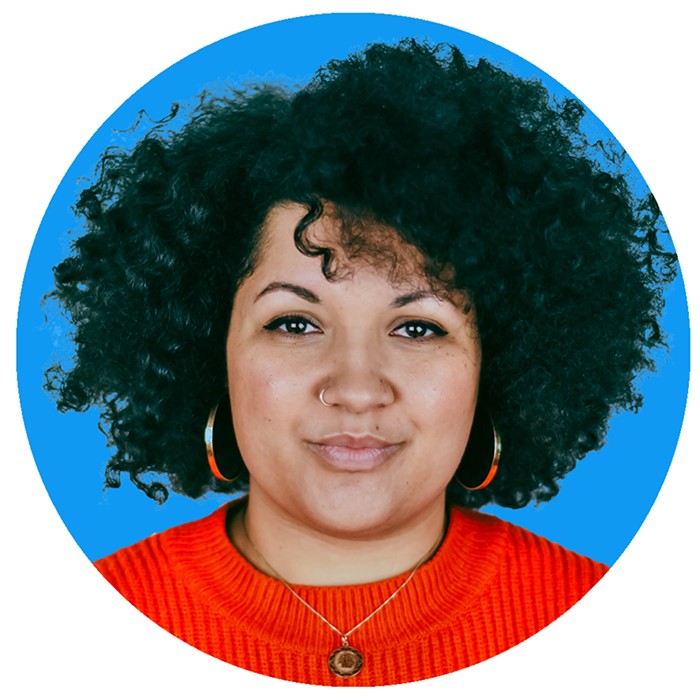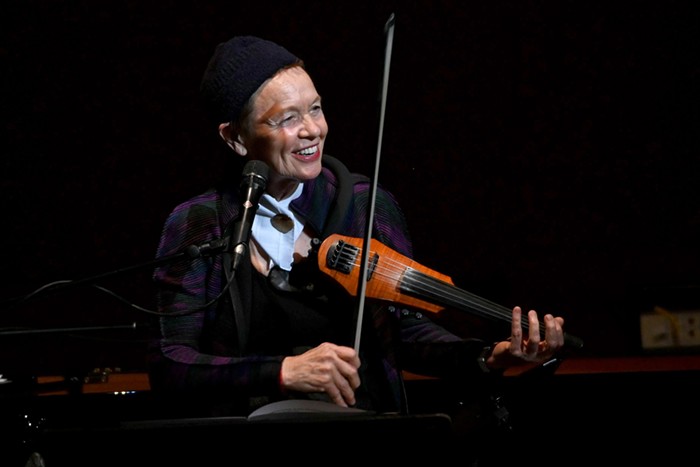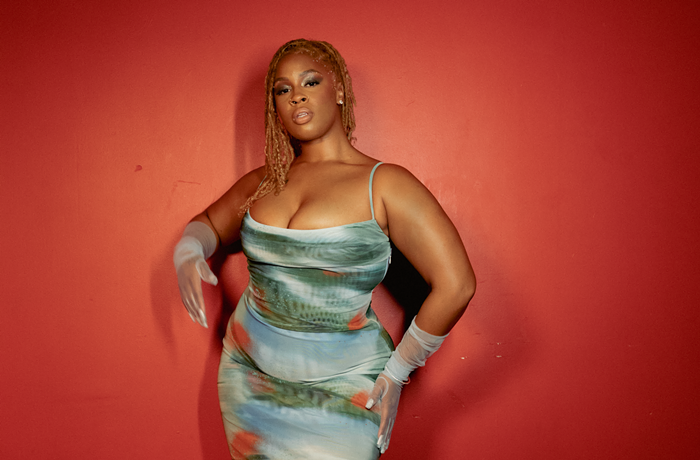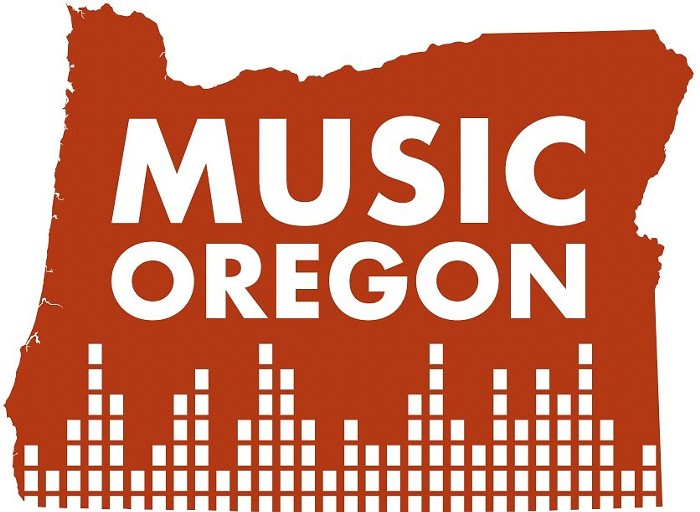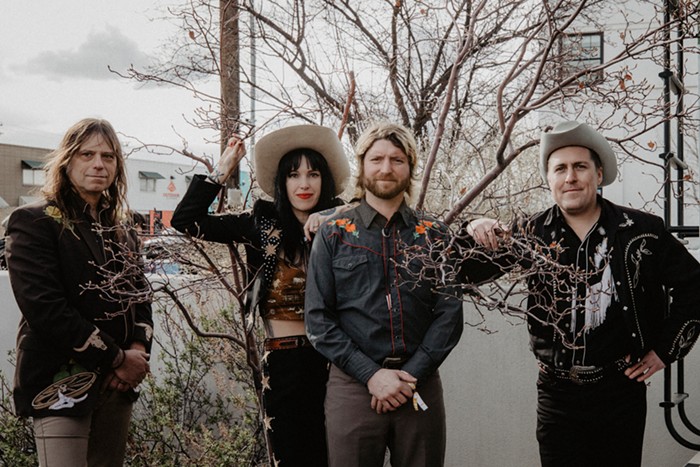
TO WATCH and listen to the insanely detailed work of art that is Lemonade feels like you’re taking an hour-long look inside Beyoncé’s soul. Holy lawd. Her new album is some of the highest quality artistic self-expression that I’ve ever watched. Y’all white Portlanders might have noticed your one or two black friends celebrating “black girl magic” all over your newsfeed recently? Yeah, we’re not sorry about that. It’s blatantly obvious the Queen is creating art specifically to inspire and empower black women. Oh, glorious day! We all should have seen it coming way before she released the “Formation” music video.
Back in 2013, during an interview for her HBO documentary Life Is But a Dream, Bey discussed turning a corner in her career for her self-titled release: “My first album came out when I was 15. I was a child,” she said. “But now I’m in my thirties and those children who grew up listening to me have grown up. And I’ve always felt it was my responsibility to be aware of kids, and their parents and all these generations. And I felt like it stifled me; I felt like, in a sense, I could not express everything. I’ve done so many things in my life and career, that at this point I feel like I’ve earned the right to be me and express every side of myself.”
Lemonade, Beyoncé’s second visual album centers on a multigenerational representation of feminine badassery. Unlike her previous album, the visual component isn’t optional... it is required. The film begins with the artist standing in a field of tall grass, misty-eyed and wearing a zippered hoodie. Cut to Beyoncé kneeling in front of a red curtain on a lit stage, as if to start a prayer in her sanctuary. She begins to sing “Pray You Catch Me,” and starts a grieving process. The rawness of Beyoncé’s voice is tear jerking as she sings:
You can taste the dishonesty, it’s all over your breath as you pass it off so cavalier. But even that’s a test, constantly aware of it all. My lonely ear pressed against the walls of your world.
In contrast with her first visual album, Lemonade is more cohesive with a highly varied sound. She makes you want to dance to uptempo hip-hop (“Formation”), clap along to country (“Daddy Lessons”), and throw up your middle fingers to the carefree track “Sorry.” Though, she really isn’t sorry at all.
One could argue that this album’s most prevalent recurring conflict is Jay Z’s infidelity, but it is from her black womanhood that Beyoncé seems to derive the strength and ability to move “Forward” flawlessly, despite her agony. Early on, in the video for “Don’t Hurt Yourself” Beyoncé is depicted as an unapologetic, rightfully angry black female. Vocally channeling Jimi Hendrix and Alanis Morissette, Bey wears long cornrows, a fur coat, and an ill-fitting bralette while posted up in a parking garage.
Keep your money, I got my own. Get a bigger smile on my face being alone. Bad motherfucker, God complex. Motivate your ass, call me Malcolm X!
The video is then briefly interrupted by the voice of radical human rights activist Malcolm X: “The most disrespected person in America is the black woman. The most unprotected person in America is the black woman. The most neglected person in America is the black woman.” Clearly self-sufficient, exceedingly confident, and not to be trifled with, she warns her lover one final time not to cross her again.
The African American family unit has always had a certain stereotypical expectation to fail, either by being ripped apart by absent fathers, dead sons, abusive behavior, or by supposedly inevitable infidelity. With Lemonade, Beyoncé challenges all of that through her lens of personal experience, and exemplifies how black women have “spun gold” out of the struggles of living in this oppressive system and in our familial relationships. One of the most relatable lines is about her torturer at the end of “Sorry”:
He only want me when I’m not there. He better call Becky with the good hair.
Perhaps the most real and gut-wrenching section of the film is when black women and mothers are pictured holding photographs of the fallen young black men—Trayvon Martin, Eric Garner, and Michael Brown—whose lives were taken by police brutality. It is a commonly untold story about self-love, forgiveness, sisterhood, and healing.
At one point near the end of the album, Bey recites the recipe for her grandmother’s lemonade as if it were scripture. Later, we hear Jay Z’s grandmother’s voice speak about perseverance through adversity: “I had my ups and downs, but I always find the inner strength to pull myself up. I was served lemons, but I made lemonade.”
Throughout each song’s vivid telling, not once does Beyoncé play the victim. Instead, she is her very own hero—navigating the path to salvation by examining her heritage, celebrating the women of her culture, and renewing her spiritual identity.
The longest and second to last song on the album is “All Night,” a joyous resolution about choosing love as a healing mechanism for her and her spouse, despite their imperfections. Beyoncé’s emotion is palpable as she sings from her heart and pushes through the resisting grass in an old Southern-style skirt. We can hear the familiar sound of triumphant horns being played, a reference to her 2013 song “Flawless (Remix)” and a sample from the song “SpottieOttieDopaliscious” by Outkast.
They say true love is the greatest weapon to win the war caused by pain.
Beyoncé then says how she landed on love. (It’s also when I start to cry for whatever reason):
True love breathes salvation back into me. With every fear came redemption. And my torturer became my remedy.
The album was a huge collaborative effort, with musical features and co-writing credits featuring Kendrick Lamar, Jack White, the Weeknd, and James Blake. There are also unmissable cameos from Serena Williams, Amandla Stenberg, Zendaya, Quvenzhané Wallis, Blue Ivy, Tina Knowles, Jay Z (to our relief), and so many more. On the visual album, each track is punctuated by a spoken word segment pulled from the works of Somali British poet Warsan Shire. Ultimately, the piece allows us to see ourselves, and sets us free to be ourselves.
To see this amount of feminine black excellence in a feature-length body of work was a very rare treat. The result is extremely raw testimony, with Beyoncé leading by example for other women to exercise creative control. Her most explicit and edgy album yet, Lemonade really is everything. Angry yet gentle. Vengeful yet forgiving. Crude but poetic. Bitter and then overwhelmingly sweet.
